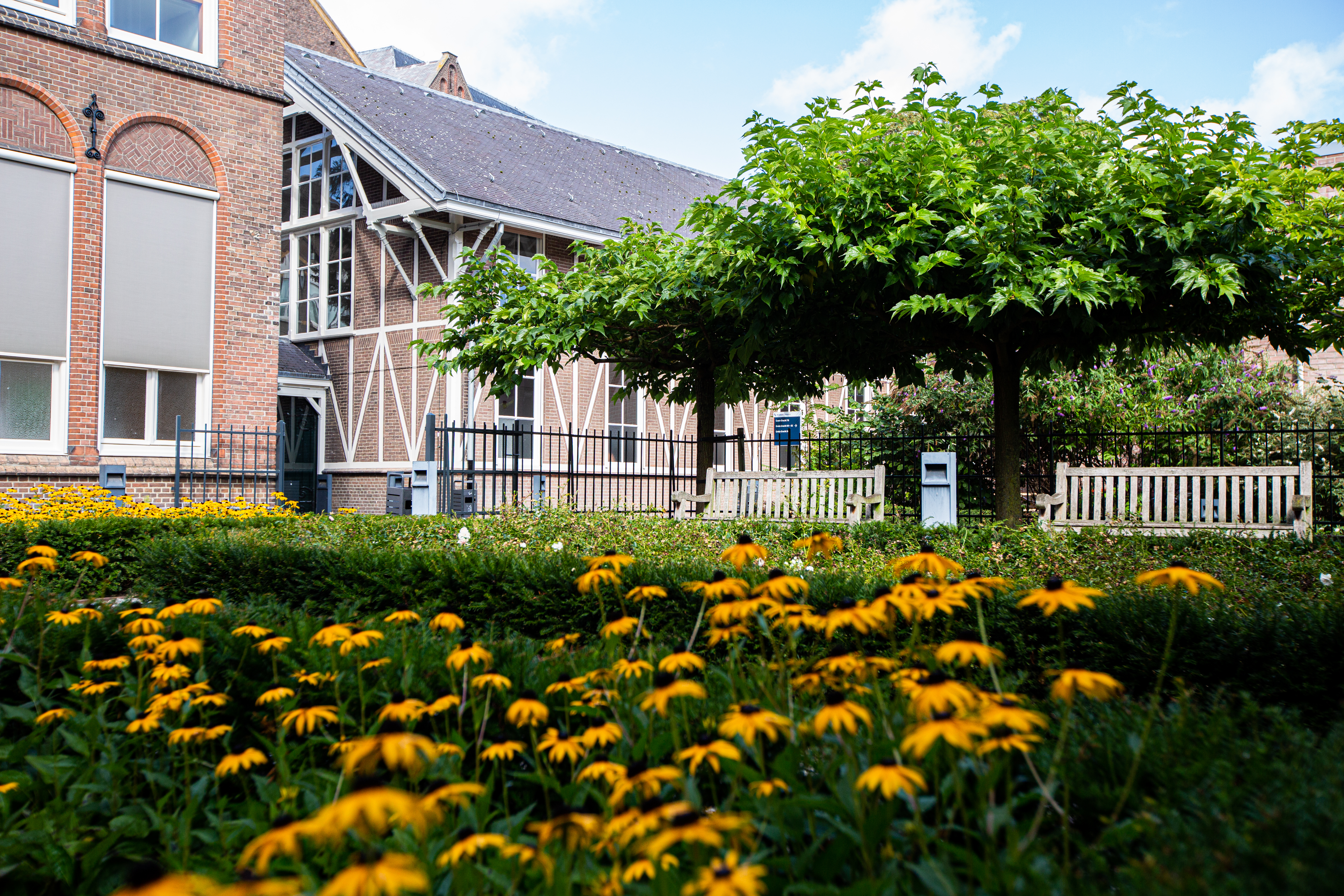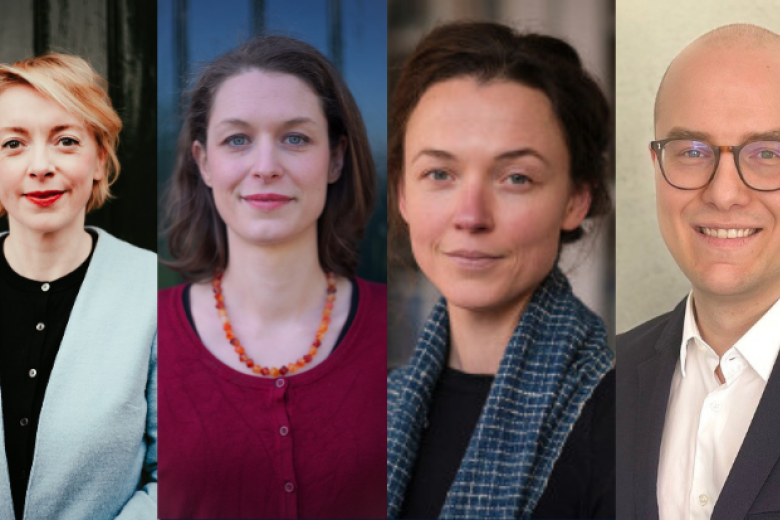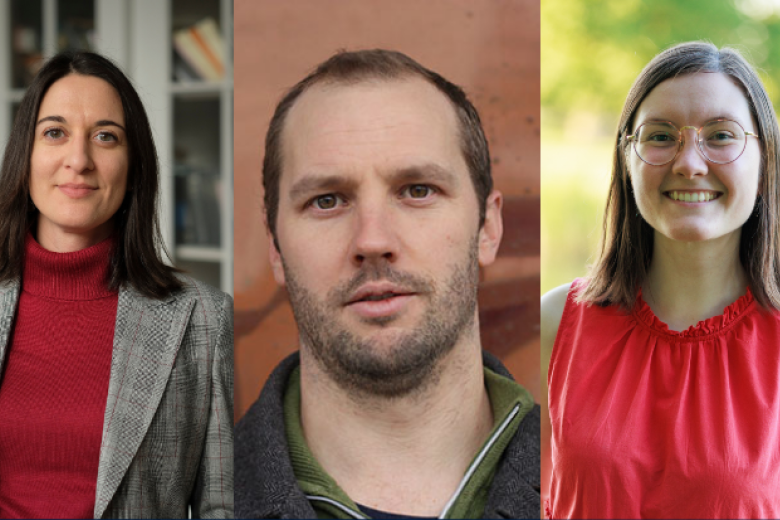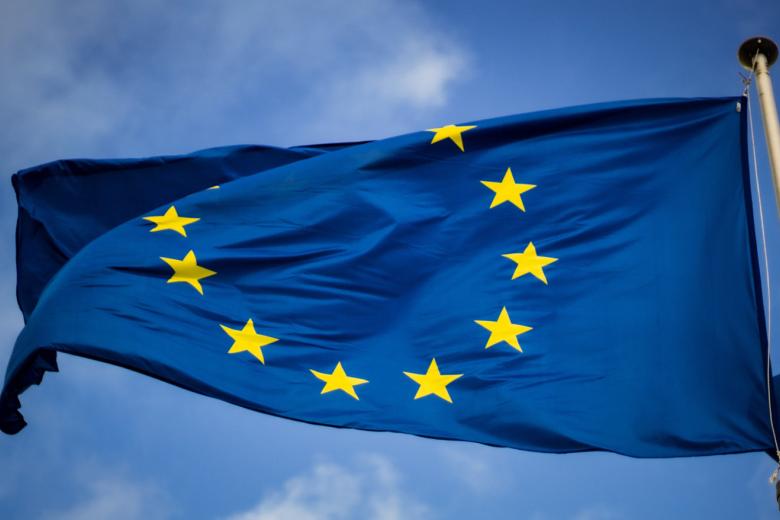FASoS Research Institute
Moving boundaries, bridging disciplines
The research institute of the Faculty of Arts and Social Sciences (FASoS) at Maastricht University studies societies and cultures as they unfolded during the modern and contemporary era in a radically interdisciplinary manner. We analyse the interrelationships of Europeanisation, globalisation, scientific and technological development, political change and cultural innovation. We are interested in how today’s societies cope with and reflect these challenges in various ways. These could be artistic practices and practices of remembrance as well as specific forms of governance and political integration as well as strategies for managing knowledge, technologies and risks. While our research starts from today’s problems, we have a strong interest in how the modern world came to be.
Research
To nurture and maintain this kind of innovative, interdisciplinary research, the research institute of FASoS has created a matrix organisational structure. Its backbone are four distinct research programmes, each of which is composed by an interdisciplinary team of researchers. While the research programmes form the core of the research activities at FASoS, the faculty also has five centres as specific research hubs and to facilitate interaction with external academic partners and societal stakeholders. Together, the research programmes and the research centres provide a framework that facilitates flexibility, networking, and mobility beyond disciplinary boundaries.
Research Centres








